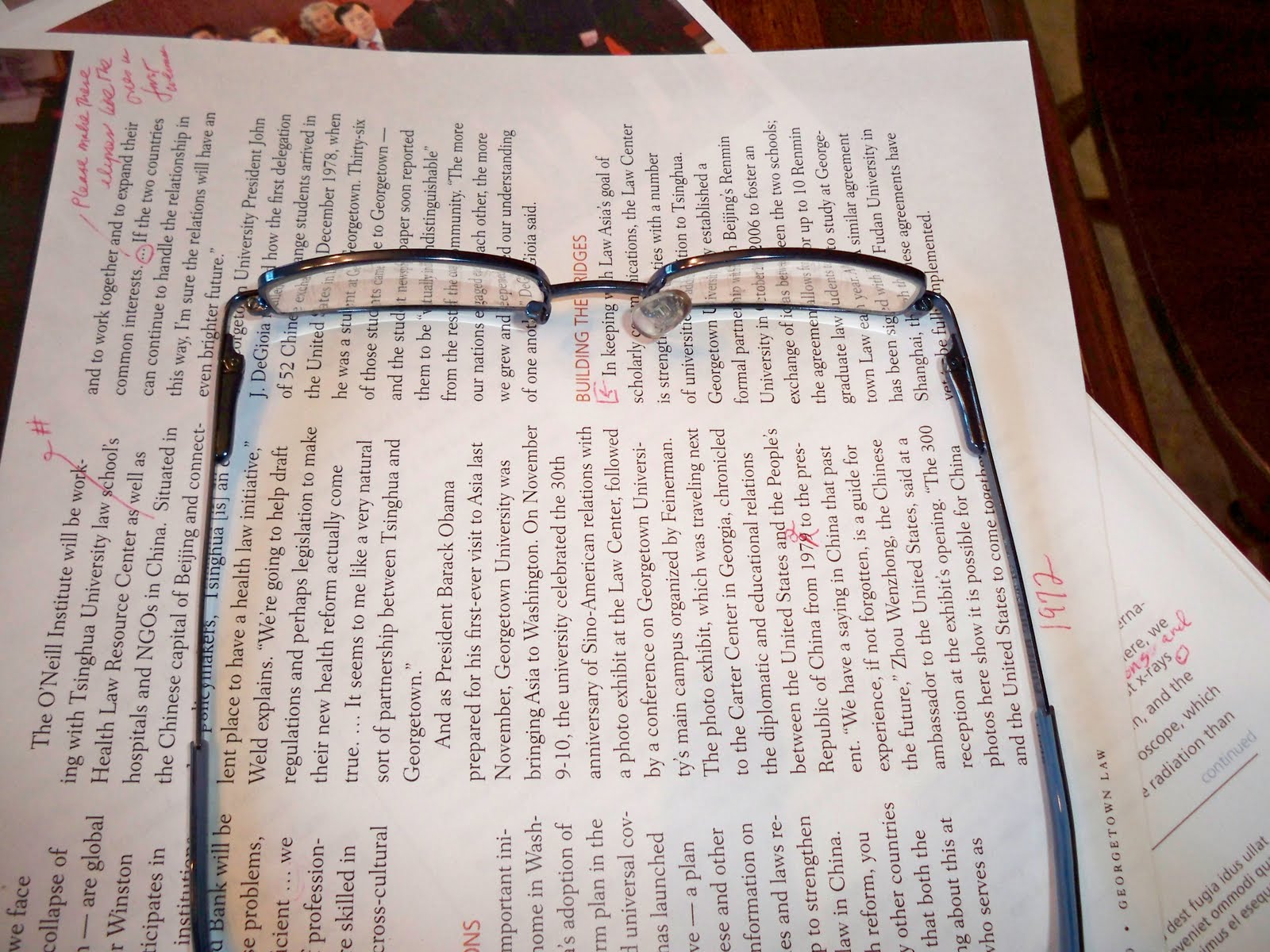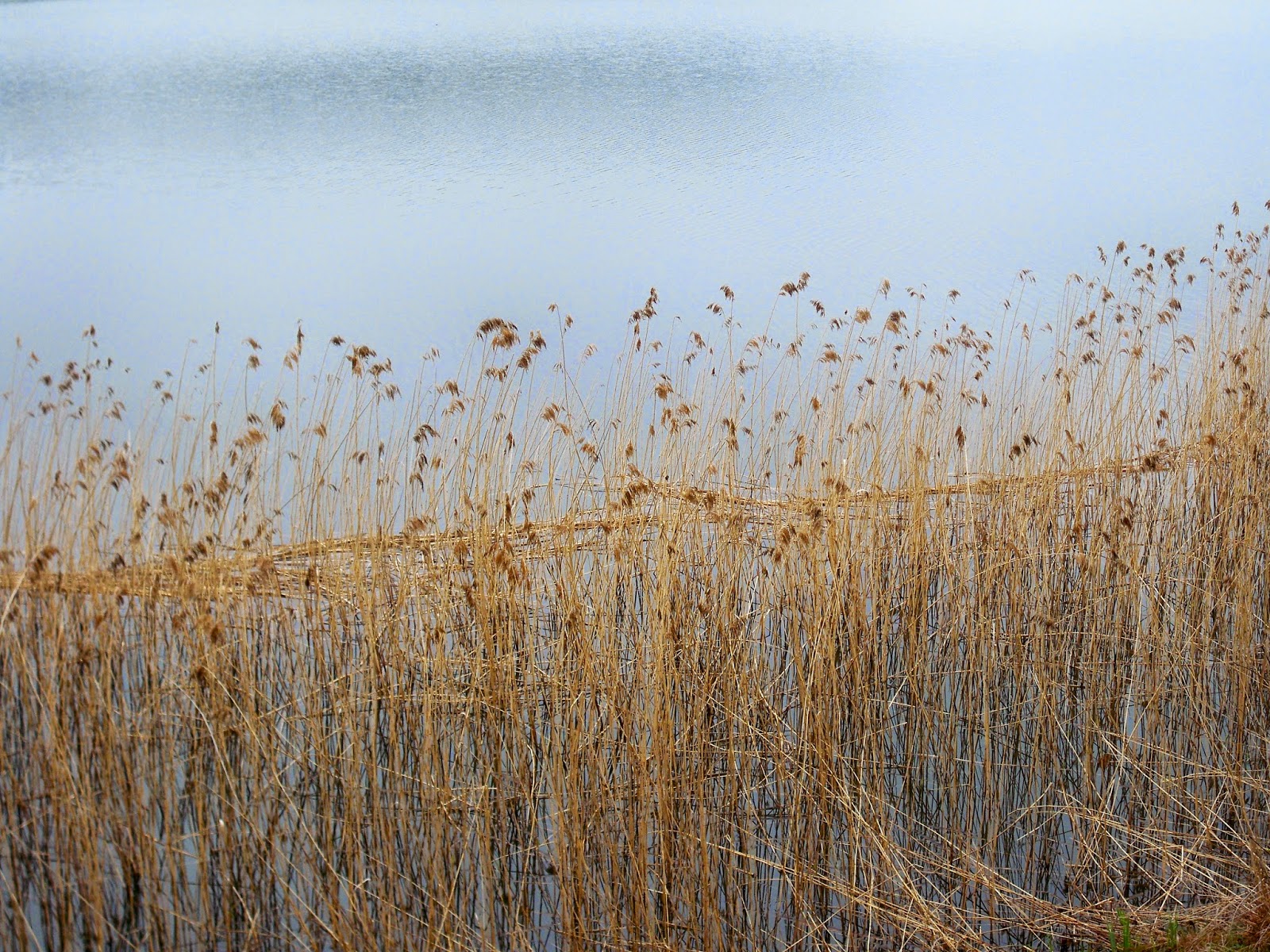What Is It About?
In his farewell to Washington Post readers yesterday, reviewer Jonathan Yardley said that throughout his 33 years at the Post (writing more than 3,000 book reviews), he came to the task as a “journalist not a literateur.”
I have high literary standards and delight in
the expression of strong opinion, literary and otherwise, but I also
read a book as if I were a reporter: looking for what it is “about” in
the deepest sense of the word, determining what matters about it and
what doesn’t, trying to give the reader a feel for what it is like as
well as passing judgment on it.
When I led workshops at the Writer’s Center, “what is it about?” was my standard question. It’s the one I ask myself as a writer, too. I suppose journalism has a lot to do with it, but it seems like common sense, too. If a writer has nothing to say or if the point is hopelessly muddled, there is no communication.
I like to think my journalist roots keep me honest, anchor me in sound thought and clear language. Often this is more aspiration than fact. But it’s a worthy goal — and one I was glad to see confirmed.





